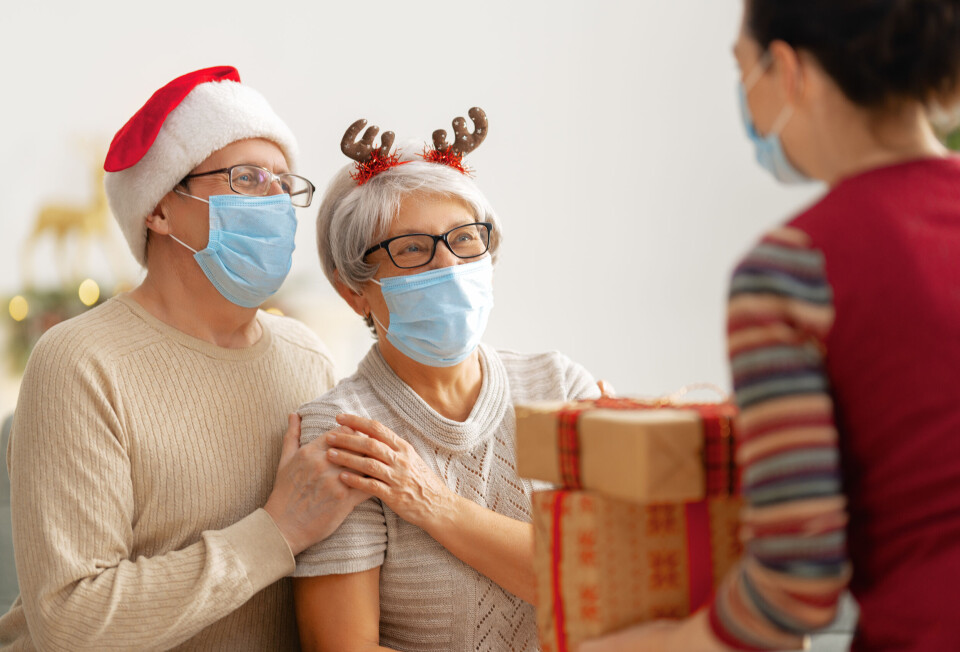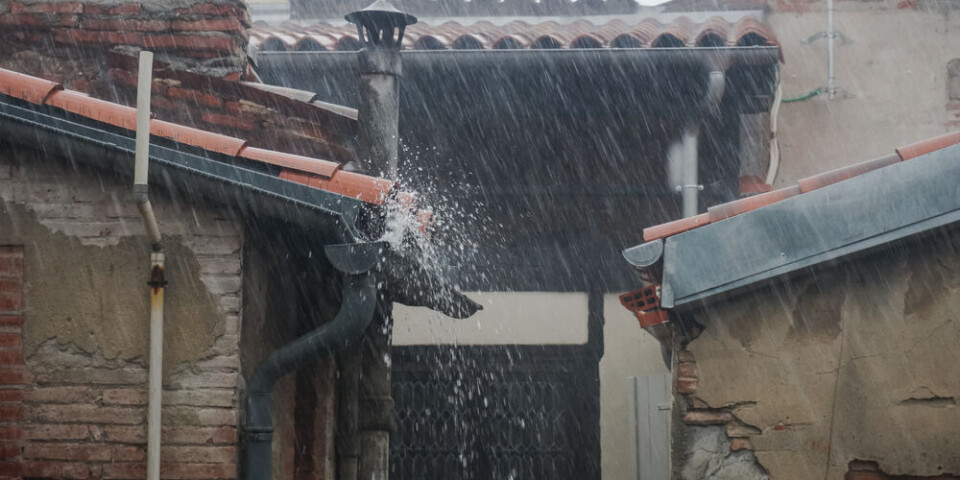-
French mayor criticises German border checks as cars and trains stopped
The new checks negatively affect those who cross border to work or study
-
Storms in south, sun in north: French weekend weather outlook May 10 - 11
Hail is expected in the south-west on Saturday
-
Wild boar increasingly present in French communes: What to do if you see one
There has been a sharp rise in the number of boar in recent years
Omicron, tests, guests: Official guidelines for Christmas in France
The Conseil scientifique recommends that people have smaller festive gatherings, air rooms regularly and think about taking a Covid test before seeing family and friends

France’s Covid pandemic advisory body, the Conseil scientifique, has published its advice for making Christmas as safe as possible amid rising Covid cases.
The report was published by the French health ministry yesterday (December 13).
In it, the Conseil scientifique, which is headed up by immunologist Jean-François Delfraissy, stresses the importance of limiting the number of people at Christmas meals and gatherings if possible.
It added that people should think about:
-
Reducing their social contact before Christmas
-
Airing out rooms for 10 minutes each hour
-
Carrying out a self-administered Covid test on the day of any gathering
-
Making sure that any vulnerable members of the party have had their booster dose
-
Wearing a mask in enclosed spaces
-
Washing their hands regularly and disinfecting surfaces
The advice remains the same with regards to both the Delta and Omicron variants.
This advice comes after the government announced new measures last week in the hope of tackling the fifth wave of the virus.
Read more:France announces six new Covid measures in bid to combat fifth wave
These include a month-long closure of all nightclubs, stricter protocols in schools and the vaccination of five to 11-year-olds subject to approval from the health authorities.
People who can work from home are also encouraged to do so, and anyone who believes that they may have Covid symptoms must not go to work.
The Conseil scientifique has also urged the public to reduce social contact where possible, and to get vaccinated if they have not done so already, noting that the number of healthcare workers who have received a booster dose remains insufficient.
It also advises that businesses and other organisations should “immediately” cancel any events that they have planned for the rest of the month.
The peak of this fifth Covid wave has not yet been reached, the Conseil warns, adding that the Omicron variant “is provoking many uncertainties.”
If infection rates do not begin to decline soon, up to 2,000 people could be admitted to hospital with Covid each day, a figure which echoes the situation during the second Covid wave in autumn 2020.
Omicron circulating more quickly than expected in Europe
France’s Conseil scientifique has said that the new Covid variant is spreading more quickly than initially expected in Europe. It comes as a first death from a person infected with the Omicron variant has been announced in the UK.
Prime Minister Boris Johnson announced the death yesterday (December 13), adding that: “Here in [London], this [Omicron] variant probably represents 40% of cases. Soon it will be the majority of cases.”
Up to one million British people are expected to have been infected with Omicron by the end of the month.
In France, 133 cases of the variant have been reported so far but it is expected that it will replace Delta as the dominant variant in the first weeks of 2022.
Omicron is believed to be more transmissible than Delta but the symptoms it produces are also thought to be milder.
The Conseil scientifique has said that it will “probably affect young children in particular” and experts predict that it will “end up affecting people at risk of serious illness” from Covid and result in an increase in hospital admissions.
The vaccines that we currently have at our disposal are thought to have a “reduced but continued efficacy” against this variant.
Even before Omicron emerged, scientists knew that the protection offered by two vaccine doses begins to wane after five months among older people but also “among younger people to a lesser degree.”
A booster dose stimulates a strong resurgence of the initial immune response just one week after its injection, and that is why it is hoped that it will help the body to fight off the Omicron variant.
Related articles
Coronavirus: Daily updates on the situation in France
























